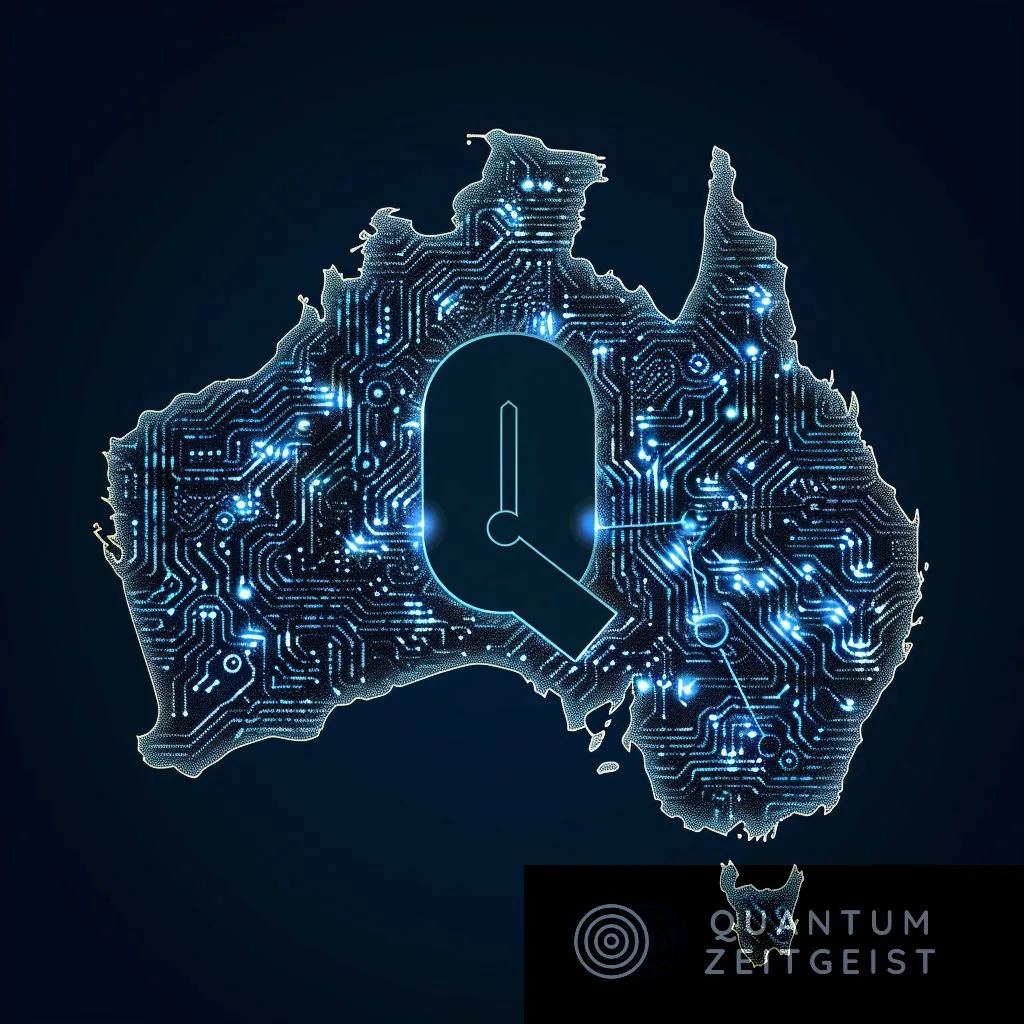The Australian government will invest $940 million in Silicon Valley start-up PsiQuantum, co-founded by Australians Jeremy O’Brien and Terry Rudolph, to build the world’s first commercially useful quantum computer in Brisbane. The investment is part of the Albanese government’s Future Made in Australia policy. Quantum computers use “qubits” that can be in both states at once, potentially revolutionizing fields like artificial intelligence, cybersecurity, and medical research. PsiQuantum’s technology is based on light, not matter, and the company plans to build an “error-corrected” quantum computer by 2029. The investment is expected to create up to 400 highly skilled jobs.
Australia’s Investment in Quantum Computing
The Australian government has announced a significant investment of $940 million in PsiQuantum, a Silicon Valley start-up co-founded by two Australians. This investment, split equally between the federal and Queensland governments, is aimed at the development of the world’s first commercially viable quantum computer. In return, PsiQuantum will establish its regional headquarters in Queensland and operate its quantum computers there.
The investment is part of the Albanese government’s Future Made in Australia policy, which includes a $1 billion commitment to establish a domestic solar panel manufacturing industry, $1.5 billion for critical minerals projects, and tax incentives to attract capital to Australia. The government anticipates that this investment will create up to 400 highly skilled jobs directly, with the potential for more in the future.
Quantum Computing: A New Frontier
Quantum computing represents a significant departure from traditional computing, which relies on silicon chips that operate on a binary system of ones and zeroes. Quantum computers, on the other hand, use “qubits” that can exist in both states simultaneously. This capability could have profound implications for fields such as artificial intelligence, cybersecurity, and medical research.
However, the development of quantum computers has been fraught with challenges. Qubits are notoriously unstable and unreliable, and despite more than two decades of active development, there are currently no quantum computers in commercial use. Despite these hurdles, the field is crowded with companies, including tech giants Google, IBM, and Microsoft, all vying to be the first to create a useful quantum computer.
PsiQuantum’s Unique Approach
PsiQuantum, founded by Australian professors Jeremy O’Brien and Terry Rudolph, plans to build an “error-corrected” quantum computer by 2029. Unlike many competitors, PsiQuantum’s technology is based on light rather than matter, which means it does not need to be nearly as cold as other quantum systems. However, it still needs to be close to absolute zero to work.
The company has already developed a test cabinet similar to a large computer cabinet in a server. It is operating in the United Kingdom, and another is being installed in Stanford. Many such cabinets will need to be linked together for PsiQuantum’s computer to function commercially.
The Global Quantum Race
The race to develop quantum technology is not limited to private companies. China’s technology champions Alibaba and Baidu both recently handed their quantum technology development efforts over to state-run research institutes. It’s unclear whether this move represents a loss of faith in the technology or a desire by the Chinese government to exert tighter control over it.
In Australia, the Department of Science, Industry, and Resources has approached 21 companies for information about their quantum offerings. This process, bound by confidentiality agreements, has led to the selection of PsiQuantum for the government’s investment.
The Future of Quantum Computing in Australia
As part of the government’s investment, PsiQuantum will operate successive generations of its computer in Brisbane, start a climate research center, and partner with local suppliers and universities. The 400 planned new staff will be in addition to PsiQuantum’s 280 staff globally.
The Australian government’s investment in PsiQuantum represents a significant step towards the development of a quantum industry in Australia. Despite the challenges, the potential benefits of quantum computing, from artificial intelligence to cybersecurity, make it a field worth investing in. As the race to develop the first commercially viable quantum computer continues, Australia’s investment in PsiQuantum positions it as a key player in this emerging field.
External Link: Click Here For More

